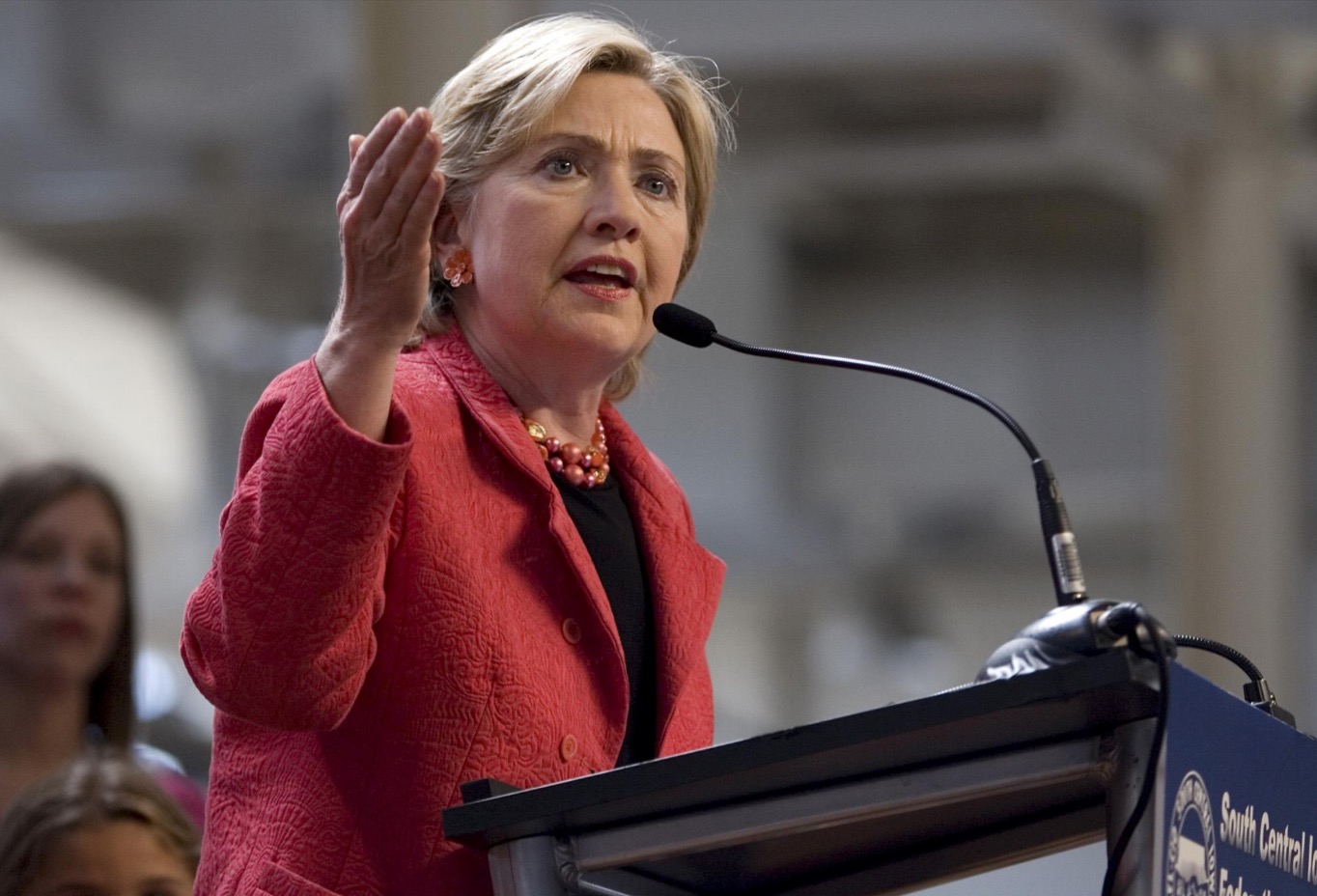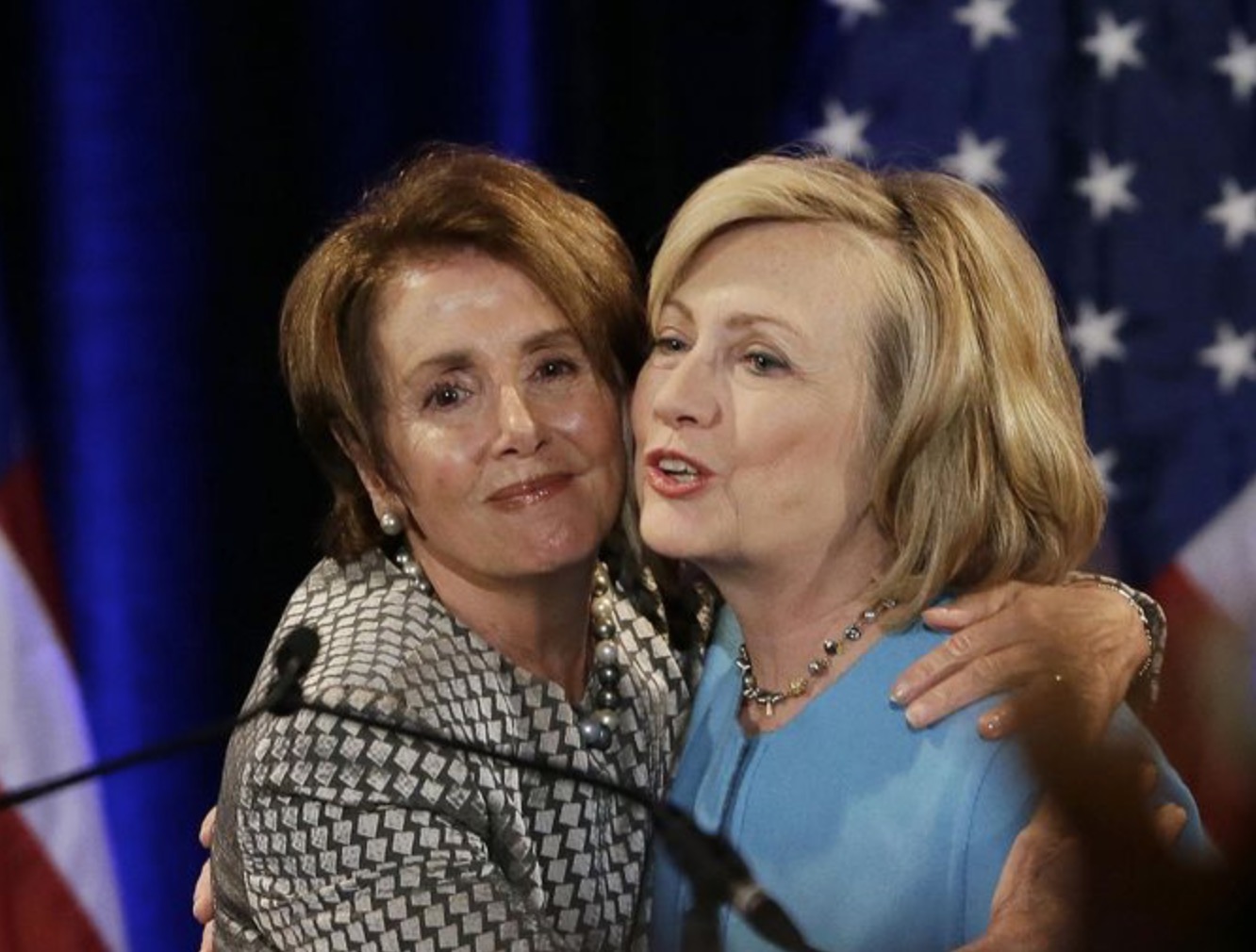The past two years have been an exhausting saga of anticipation and preparation for the midterm elections, which finally ended on the night of Nov. 6. But the frenzy is far from over. Now, all of that midterm attention will turn to the upcoming congressional session and the presidential election, both of which will no doubt become highly contentious at some point.
The one thing that is certain is that Democrats will be using their newfound momentum to wage their war against President Trump, hopeful that they’ll end up victorious in 2020. If any lesson can be learned from election night, it’s that Democratic women will be the key to such a victory.
While some will debate whether or not a blue wave actually happened on Nov. 6, you can’t deny that women dominated the election. At least 100 women were elected to Congress, the largest number in history, and most of them were Democrats. They come from different backgrounds, are of different cultures and ages and their success should really be seen as a step forward in the party’s identity. They’ve been guided and inspired by those who pioneered the image of the modern woman in politics, those who helped to create the environment that let the pink wave exist in the first place. Now is the time for the next generation to take the reins of the party and lead it into the future.
Democrats haven’t had a shortage of strong female leaders over the past several decades or even just within the past few years. High-profile women, like Nancy Pelosi, Hillary Clinton and Elizabeth Warren, have become feminist icons thanks to their tenacity and natural qualities of leadership, and they’re not showing any signs of slowing down.
Pelosi is aiming to be elected once again as speaker of the house, and rumor has it that Clinton might be considering another run for president. Even Warren, who was just re-elected to her Senate seat, has been thrown in as a possible candidate for 2020. At the surface level, it’s great that these powerful women want to keep doing what they’ve always done. But, when you look further into it, there’s a price.

The main problem that you see with this sort of continued presence in high-profile elected positions is that it stifles the rejuvenation of Democratic establishment leadership. If someone who, like Clinton or Warren, has had a long and prosperous career in politics is going to run for president, then why would a younger challenger choose to fight that battle? As much as the Democrats like to chastise the Republican Party for being a bunch of old white people, they’re not doing much better themselves. This next generation of female elects could change that, but they can’t do much if the public face of the party is still a bunch of older white women.
At the same time, the current Democratic leadership is lacking an essential connection with young millennial and Generation-Z women whose concerns have evolved over time. While they still care about women’s issues like reproductive rights and equal pay, their perception of equality differs slightly from that of the past several decades.
Younger women are concerned about issues that haven’t necessarily been resolved, like pay discrepancies and workplace harassment. They’re also far more invested in the idea of intersectional feminism, meaning that they’re aware that gender equality works hand in hand with issues relating to race and the LGBTQ community, among others. And while the women of the pink wave are perhaps more diverse than any election class before them, that image still isn’t quite translating into the public image of the Democratic party.
To be clear, this isn’t just a problem with female leadership. It should say a lot about government representation that the average age of the 115th U.S. Congress was among the oldest in American history. When something like that happens, you’re guaranteed to see a disconnect with leadership and the younger generation. And there is absolutely nothing wrong with fully capable women deciding to dedicate themselves to public service for as long as they can.
But, at the same time, when those positions of service are ones of great influence and public attention, you have to consider what that does to the face of the party. For women especially, it’s a multifaceted issue. Women’s issues evolve over time along with feminist attitudes, and it’s a simple fact that the problems faced by women several decades ago might not be the same ones concerning them today. The Democratic Party specifically has tried to position itself to be welcoming to and supportive of all women, but that’s a hard point to press when its female elected officials face a disconnect with modern female voters.
That’s not to say that leaders like Clinton don’t care about what younger women worry about, or that they should just hang up their pantsuits and hide in the woods forever. They are in their positions of power for a reason, and you can’t just ignore that. But, it should say something that so many millennial women jumped ship and went for Bernie Sanders in the 2016 presidential primaries. Yes, there’s an identification with feminism and the need for female empowerment, but that doesn’t mean that female voters are identifying with what the Democrats currently have to offer.
Looking at the midterm results, it’s clear that America’s young women are a force to be reckoned with. They have been grown up with opportunities and rights that previous generations had to fight tooth and nail for, and without the help of the feminists who made it possible, the pink wave might have still been a dream. But for the successes and failures of women like Clinton and Pelosi to truly mean something, it needs to translate into handing the reigns of the Democratic Party to the next generation.

















